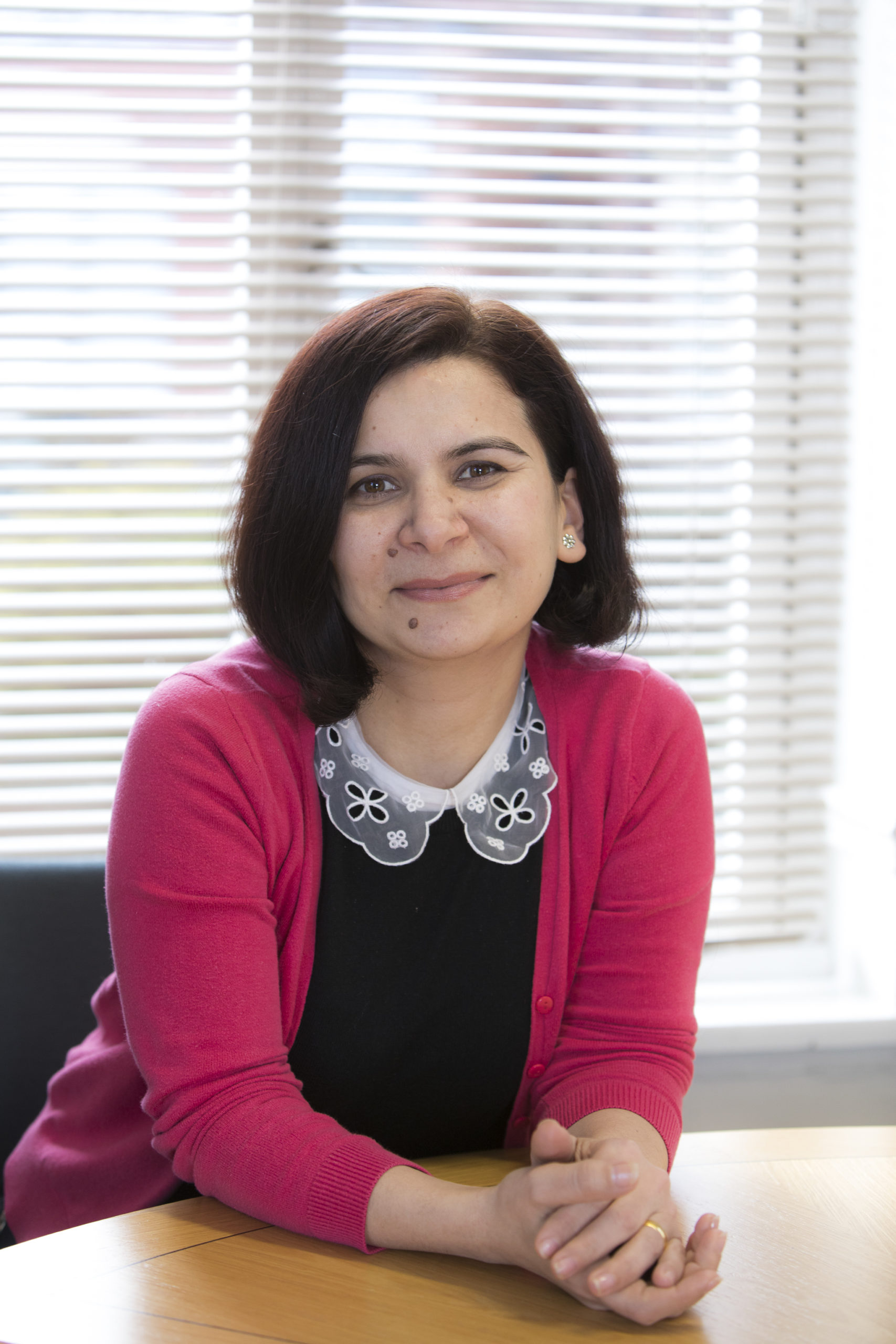Being Isolated, Excluded and Black: Teachers’ Experience of Lockdown Depends on Who They Are

Taguhi Sakakyan
July 2020
These teachers’ stories highlight that COVID-19 has exposed and amplified existing inequalities in education and in the society in general. In all narratives, the teachers point out that the lockdown has drastically affected student education. Unsurprisingly, students from different socio-economic backgrounds have unequal access to on-line learning; some do not have access to the internet and/or digital devices and tools, others have been forced to give up their education completely and help their families to survive. While inequality in student education is frequently discussed (e.g. Klassen, 2002; Berg, 2016), it is important to note that inequalities experienced by teachers should similarly be unmasked. Lina’s narrative demonstrates that teachers can be marginalised and ‘othered’ by both the school and society. Being originally from Africa, Lina teaches in one of the Transcaucasian countries where the vast majority of the population belongs to the same ethnicity and culture. Throughout her teaching career Lina has felt that being black in that country implies being isolated and excluded; she has been ‘judged differently’ and has been ‘placed under a microscope 24 hours’ only because she was seen as not belonging to the same race and culture. To be accepted, Lina is expected “to unlearn [her] own culture’ and ‘to learn their culture’ which is ‘impossible to do’.
Lina’s story not only uncovers the extent of discrimination teachers experience in some educational contexts but also mirrors the macro-level issues persisting in society. A declared commitment to equality, diversity and fairness does not eliminate racist attitudes, which persist on a systemic level across the globe (Konrad et al., 2005; Cantle, 2018). And it is especially important to remember this in societies that would traditionally position themselves as hospitable and welcoming. Covid-19 narratives have shown that language education researchers and practitioners need to ask what we mean by equality and diversity in these contexts.
To see all narratives in Language Teachers’ Lives in Global Lockdown, please click here.
To see details of Taguhi Sahakyan’s chapter on language teachers’ future selves, click here.
